The Best in Science News and Amazing Breakthroughs
the seaweed – which is often used in soups and salads in Asian cuisine – may protect our neurons from free radicals to prevent this debilitating disease.is a condition that affects the nervous system, causing symptoms like shaking, stiffness and difficulty moving. It happens when neurons that produce dopamine – a chemical that helps control movement – start to die off in the brain.
While Parkinson's is not itself fatal, it causes serious complications that can lead to death. Unfortunately, there is no cure yet.– which is in many plants and fruits including red grapes, berries and peanuts – protected the neurons producing dopamine in the brain from death in several mouse models of Parkinson's disease.is found in various plants, such as hyssop and sage. And α-lipoic acid is found in red meat, spinach and broccoli.
The researchers also looked at the effect of antioxidants in cells grown in a dish and exposed to rotenone. Rotenone increases the production of free radicals, killing the cells. The researchers found that antioxidants decreased the production of free radicals induced by rotenone in the cells, preventing cell death. This research opens up the possibility of using Ecklonia cavaC, found in cells and animal models to protect against Parkinson's, it does not seem to have the same effectmodels do not completely mimic Parkinson's disease in humans.
Parkinson's disease affects the entire brain and body, involving many different types of cells and interactions. Cell models usually focus on a single type of cell, missing out on this complexity.over time. Cell and animal models cannot easily replicate this long-term progression. For example, the maximum lifespan of most laboratory mice is two years, whereas Parkinson's is thought toare needed to validate the efficacy of Ecklonia cava in preventing or slowing down Parkinson's.
United States Latest News, United States Headlines
Similar News:You can also read news stories similar to this one that we have collected from other news sources.
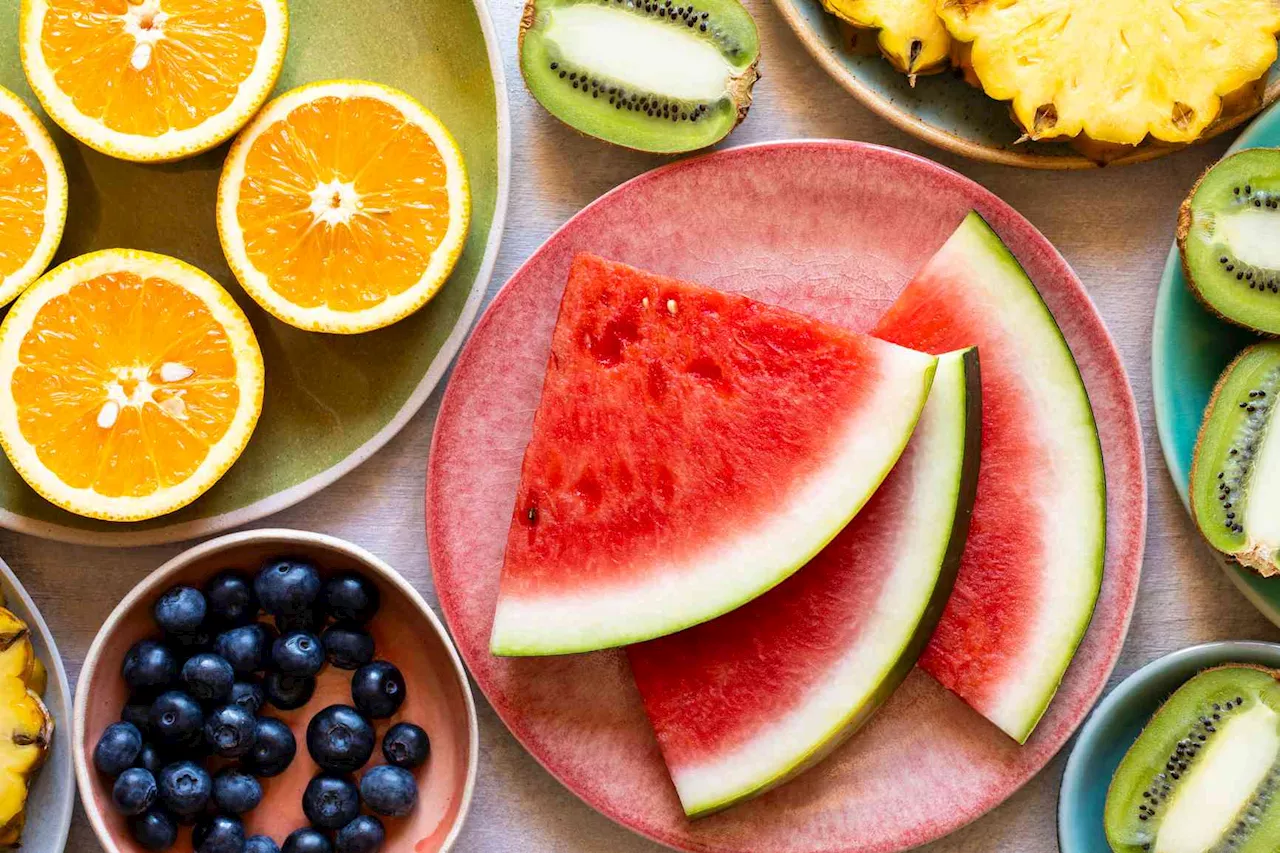 Eating More Fruit May Help Prevent Depression Later in Life, Study ShowsA new study published in The Journal of Nutrition, Health and Aging has found that people who ate more fruit in midlife experienced less depression in older age. Experts say 3 to 4 servings of fruit per day is a healthy target.
Eating More Fruit May Help Prevent Depression Later in Life, Study ShowsA new study published in The Journal of Nutrition, Health and Aging has found that people who ate more fruit in midlife experienced less depression in older age. Experts say 3 to 4 servings of fruit per day is a healthy target.
Read more »
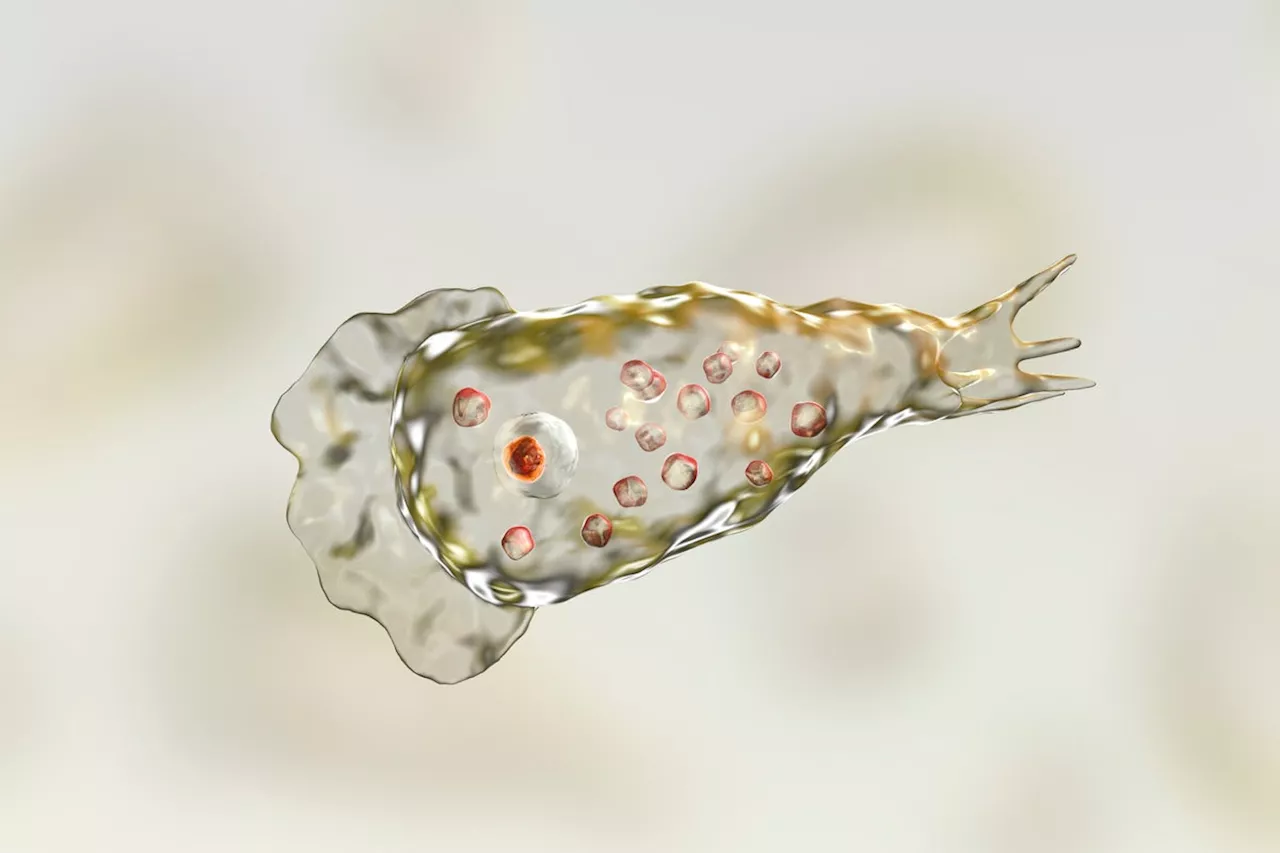 Treatments for ‘Brain-Eating’ Amoebas Are on the HorizonNew drugs may help patients with life-threatening 'brain-eating' amoeba infections
Treatments for ‘Brain-Eating’ Amoebas Are on the HorizonNew drugs may help patients with life-threatening 'brain-eating' amoeba infections
Read more »
 Preventing Parkinson's disease may lie in seaweed antioxidantsA research team examined the effect of Ecklonia cava polyphenols on the prevention of Parkinson's disease. It was found that the oral intake of the seaweed antioxidants restores motor function and protects dopaminergic neurons in model mice, while cellular experiments revealed the biochemical interaction of their preventive effect.
Preventing Parkinson's disease may lie in seaweed antioxidantsA research team examined the effect of Ecklonia cava polyphenols on the prevention of Parkinson's disease. It was found that the oral intake of the seaweed antioxidants restores motor function and protects dopaminergic neurons in model mice, while cellular experiments revealed the biochemical interaction of their preventive effect.
Read more »
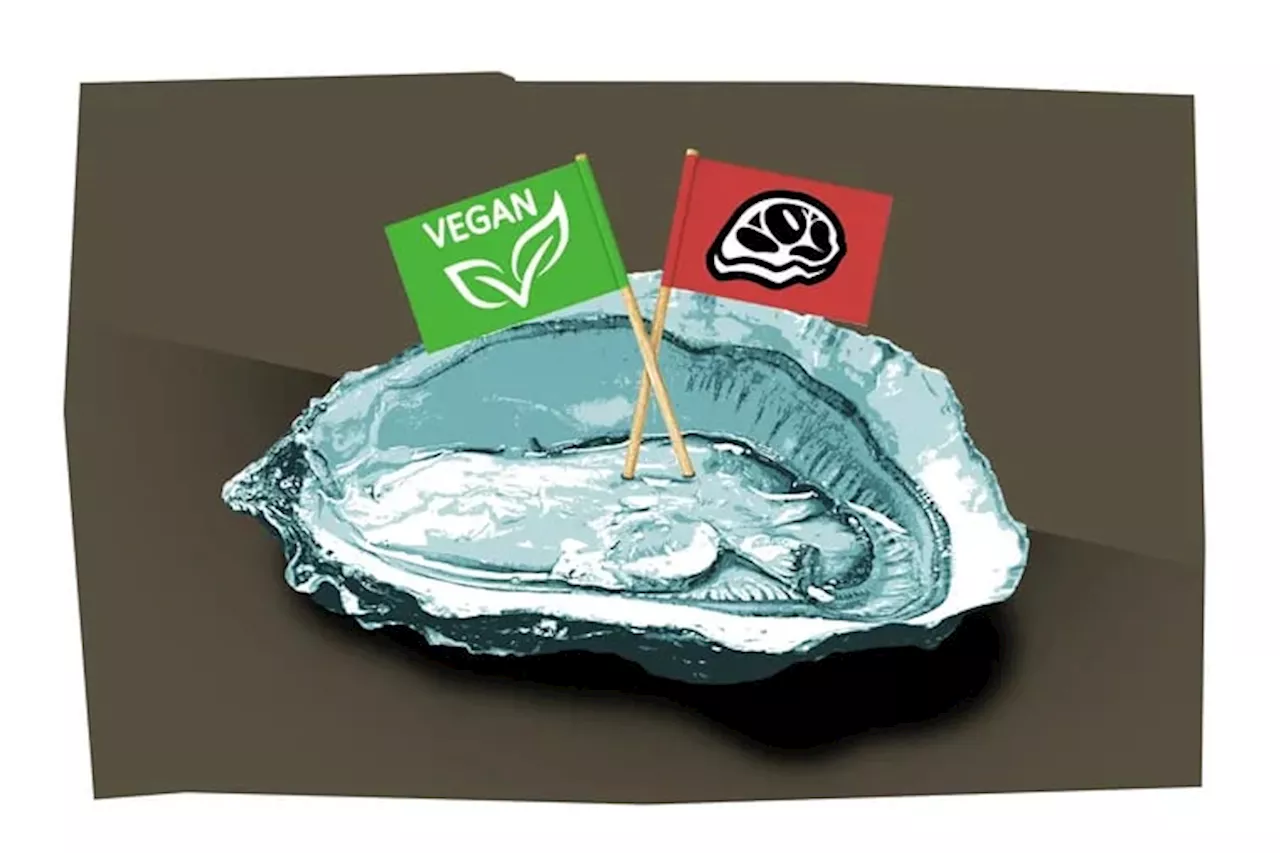 Does eating oysters count as eating meat?Some vegetarians and vegans— bivalvegans — make an exception for eating oysters. Here's why.
Does eating oysters count as eating meat?Some vegetarians and vegans— bivalvegans — make an exception for eating oysters. Here's why.
Read more »
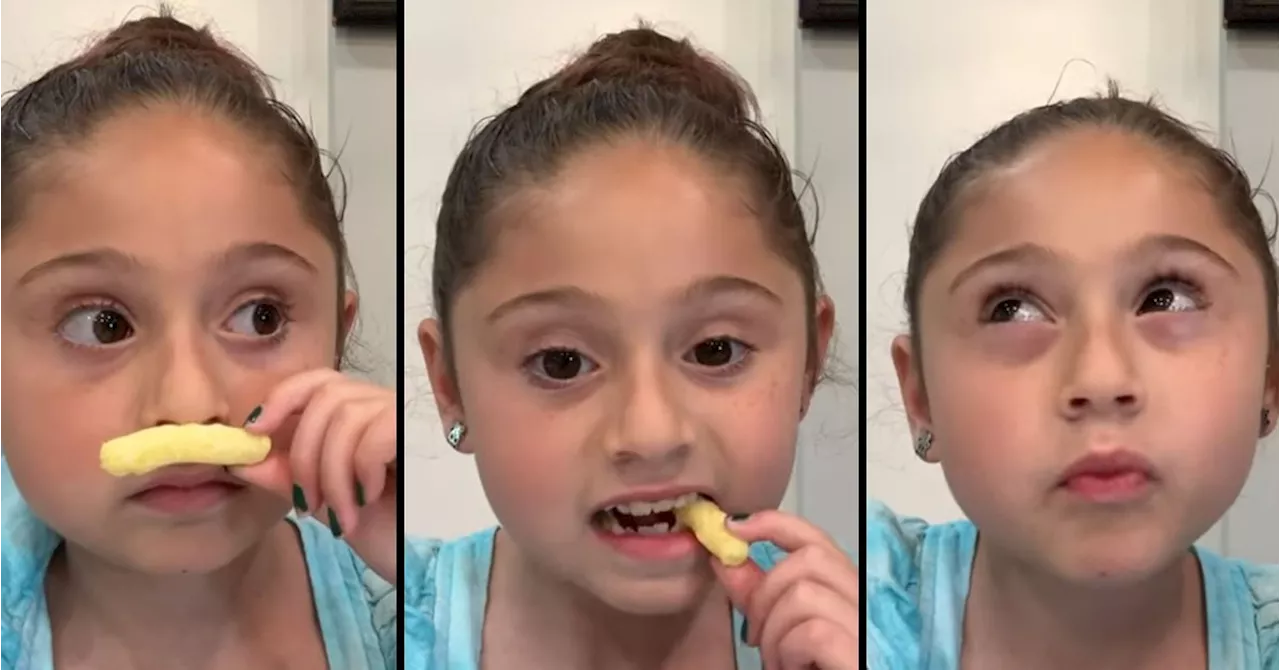 ARFID: The Eating Disorder Mistaken for Picky EatingAt 6, Hannah was diagnosed with ARFID, an eating disorder rooted in fear and anxiety, often mistaken for picky eating. To get her to try new foods, her mother started filming her and posting the videos on Instagram, on the account myarfidlife.
ARFID: The Eating Disorder Mistaken for Picky EatingAt 6, Hannah was diagnosed with ARFID, an eating disorder rooted in fear and anxiety, often mistaken for picky eating. To get her to try new foods, her mother started filming her and posting the videos on Instagram, on the account myarfidlife.
Read more »
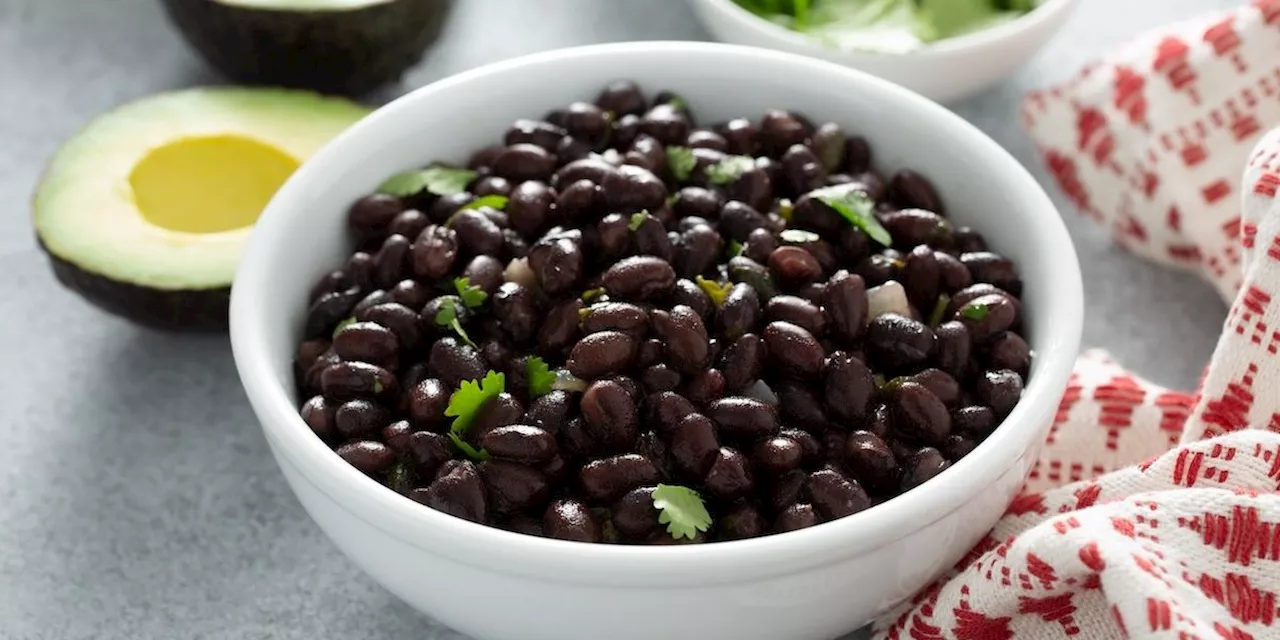 Eating More Black Beans Can Help You Lose WeightLauren Gray is a New York-based writer and editor with nearly a decade of experience covering health, wellness, beauty, and affiliate commerce. Her writing has been published by Best Life, Popular Mechanics, Yahoo! News, MSN, Eat This! Not That, Self Magazine, and more.
Eating More Black Beans Can Help You Lose WeightLauren Gray is a New York-based writer and editor with nearly a decade of experience covering health, wellness, beauty, and affiliate commerce. Her writing has been published by Best Life, Popular Mechanics, Yahoo! News, MSN, Eat This! Not That, Self Magazine, and more.
Read more »
